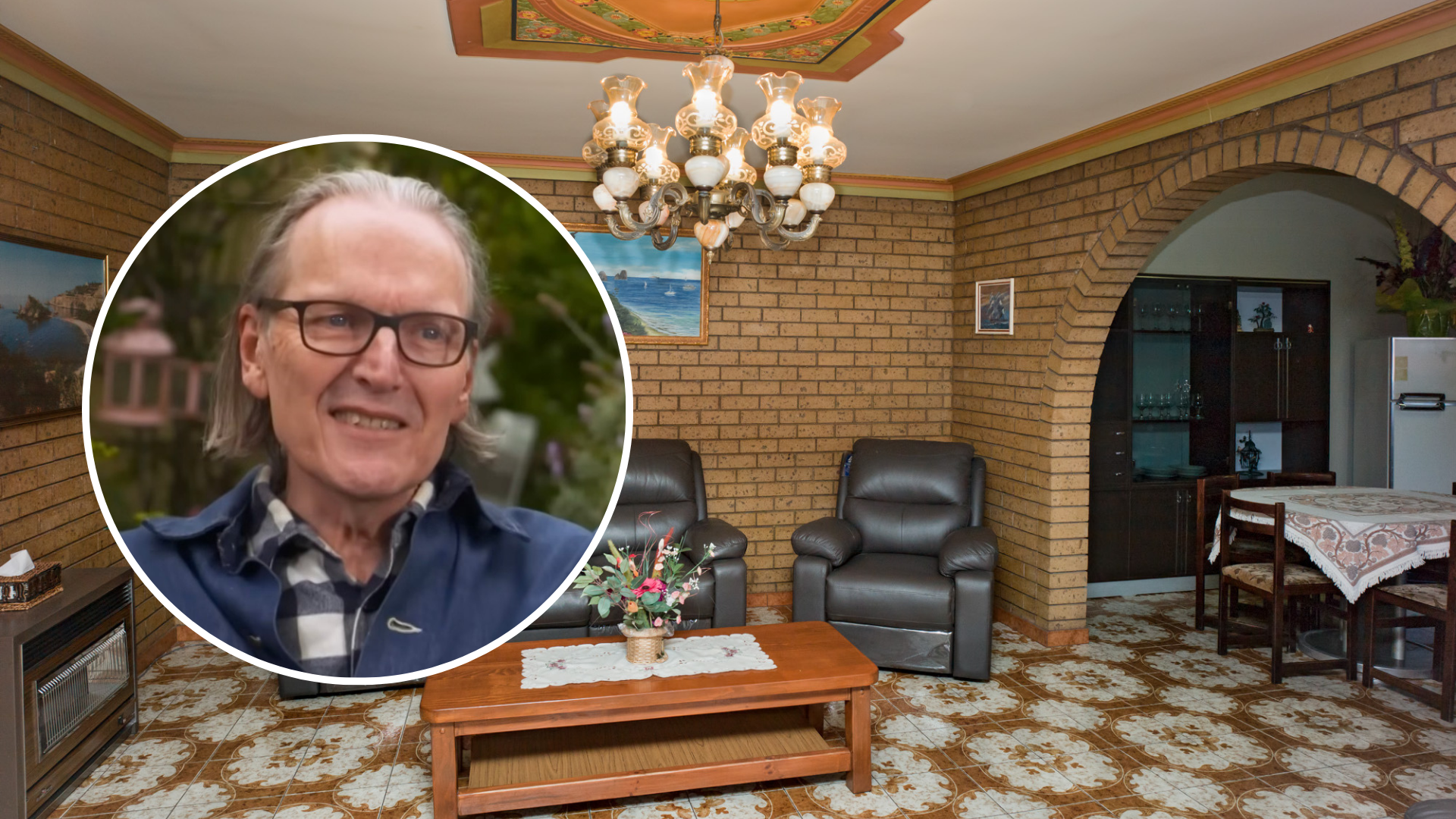Growing up in Melbourne’s inner north, working class suburbs during the 1970s and 80s, I took the many interesting houses there for granted.
On my walks to and from school for example, my passing glances would sometimes linger slightly longer on a stand-out feature such as Acropolis-like verandah columns or Ancient Greek type statues on front lawns, but it was just aesthetics and didn’t mean anything to me back then.
At some point though, slightly older and ‘street-wiser,’ I figured it out, “Aha! They’re the Greek and Italian houses, and those plainer homes are probably the Aussie ones.”
I’d wince in unison with my peers when we passed one of these ‘migrant’ houses. A mixture of rebelliousness and confusion, inherent in adolescent identity-seeking, informed us that these were not homes of the mainstream Aussie culture.
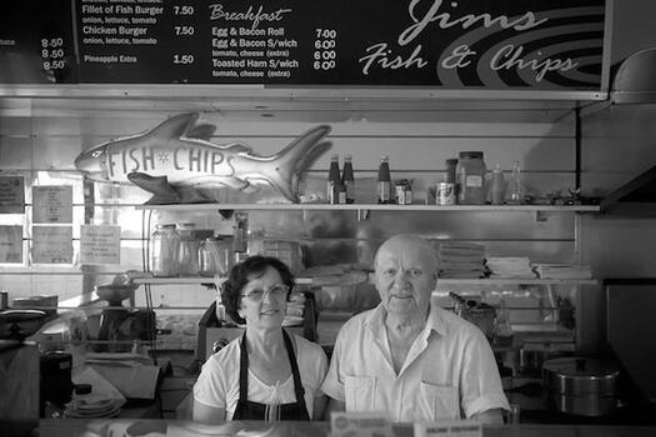
Even if these more ornate homes happened to be ours, how we expressed this adolescent angst inside our homes is a different story.
It was only through eventually being exposed to Europe and to Greece, that I came to appreciate my cultural heritage. This included these homes of my suburban Melbourne, migrant parents’ generation. I realised they were built and decorated inside and out, with love, care and pride – with gratitude.
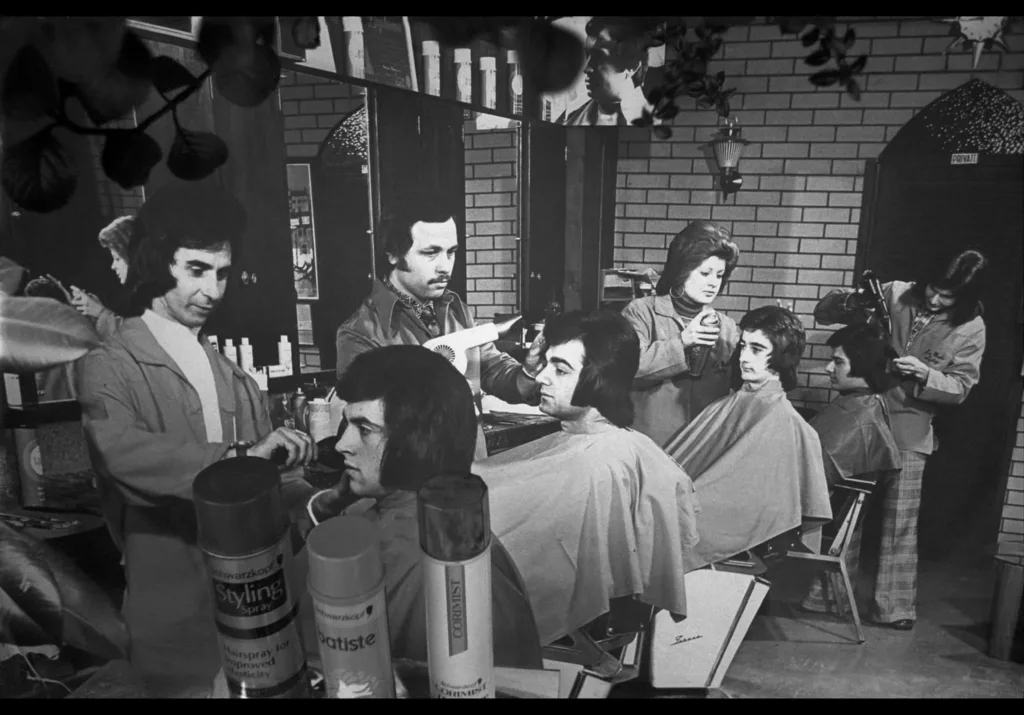
Photographer of such homes and more, David Wadelton, puts it to me another way – certainly through his art and this time, through my discussion with him.
“So much can be read from these properties – from their exteriors and interiors. They’re a time capsule: Souvenirs of the world these migrants came from, incorporating aspects of their new adopted lands. For example, religious-themed memorabilia, alongside seashell and kangaroo adornments,” David says.
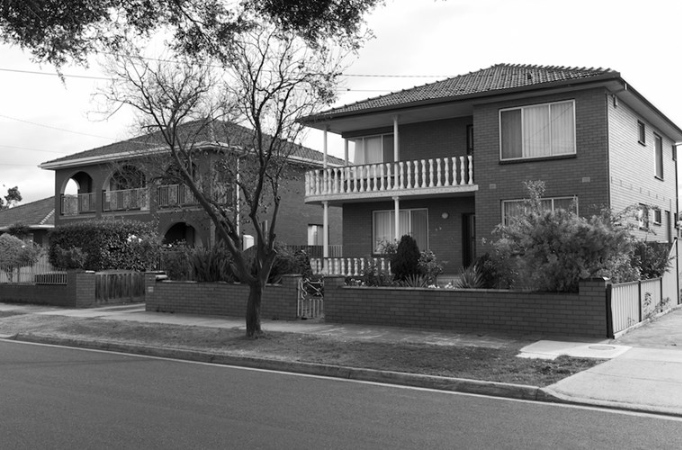
Alluding to his photobook, ‘Suburban Baroque’ (2019 – now sold out), and his new book ‘Front Yard,’ David says: “Much of the Greek and Italian-style décor referencing to the Parthenon and Palazzos, reflect pride of their homeland and new life prosperity, coming from post war traumatised countries. It’s abundant and fascinating, whereas the Anglo-style of décor tended to be more conservative, with things like wallpaper and matching carpet.”
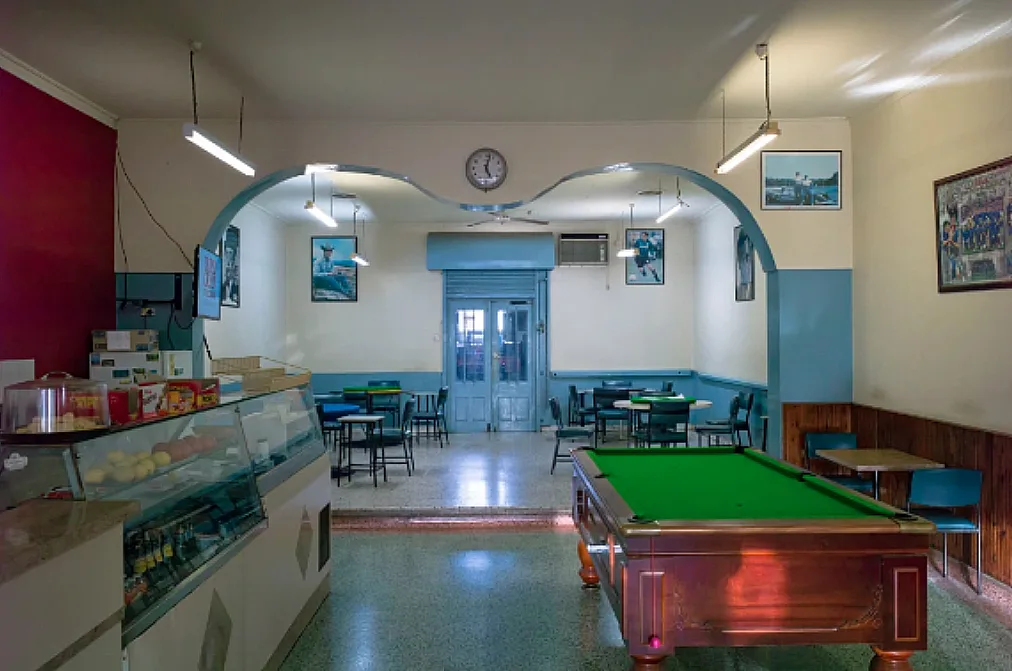
David, now 69, came from a Victorian country town and moved to the inner city northern suburb of Northcote, Melbourne in 1974 to attend College, “when the area was inexpensive and working class.” He began photographing what he deemed interesting in his new environment – suburbia’s people and places.
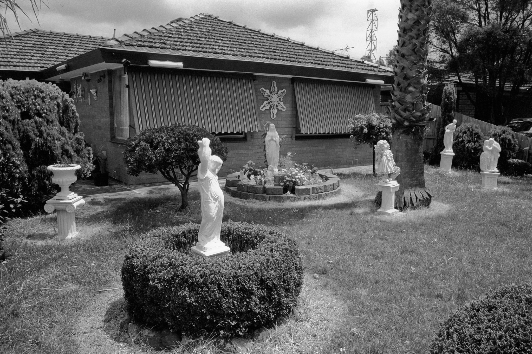
“I initially used a Pentax SLR camera my father gave me, before I bought a second hand M3 Leica camera in 1977. Now I mainly use a digital camera because they’re handier, as you don’t need a tripod or film,” he explains.
Armed with these tools of his trade since the 1970s, he has retained many film negatives of his initial photos which serve as important socio-historical documentation, while continuing to photograph.
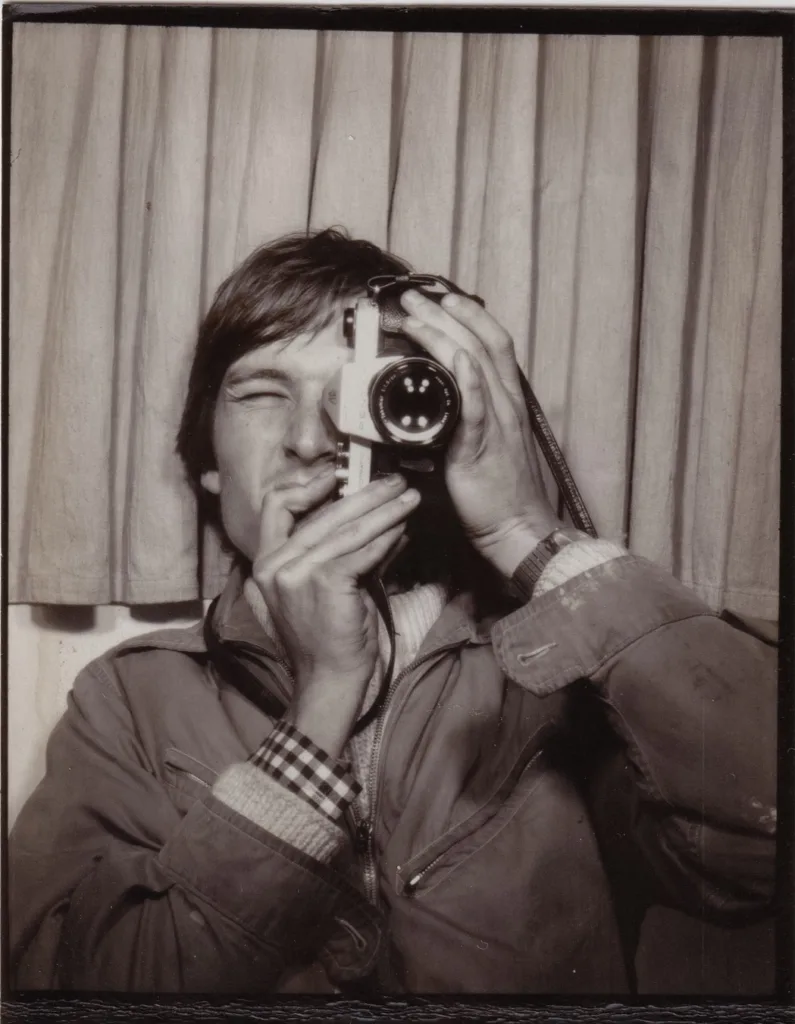
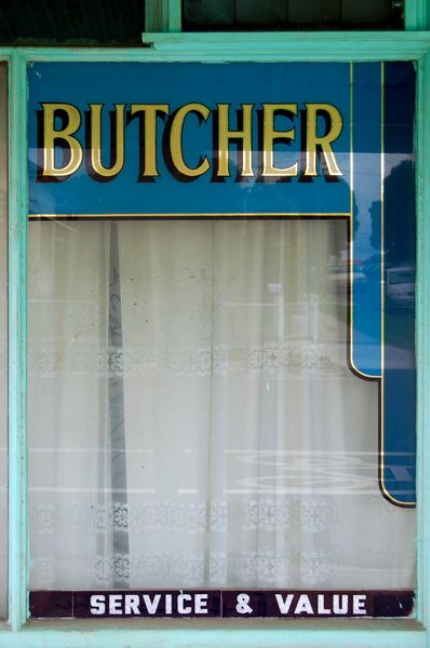
“I’m an Anglo outsider but since I’ve been photographing here, I’ve caught the generational and demographic evolution of the area – its gentrification,” David says.
He gives the example of ‘Jim and Pam’s fish’n’chip shop’ with the iconic fibreglass fish sign, as being a marker for gentrification. It closed down in 2014 and is now an Israeli street food place.
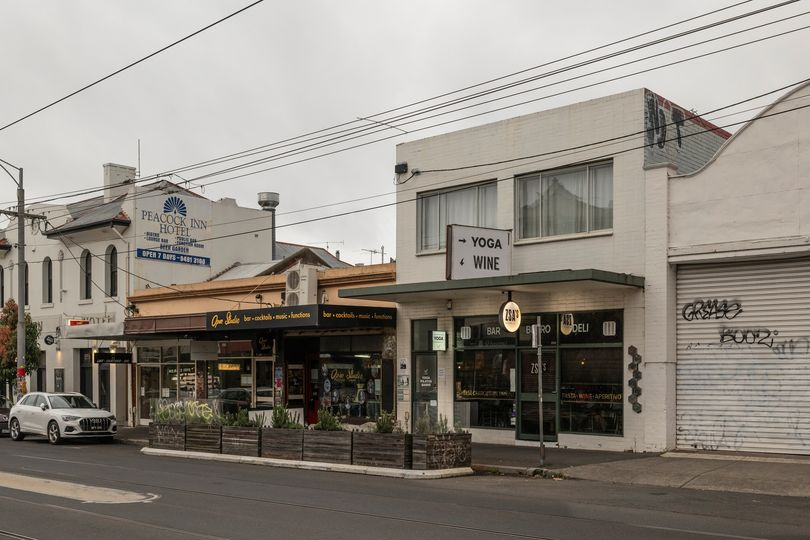
“Gone are the meat works, the tannery, the pottery and the inexpensive workers cottages. There used to be more community life, whereas now it’s more service orientated. There’s still a communal life in these now-gentrified inner city suburbs, but you can’t easily quantify it. You can see the difference elsewhere though where suburbs are more sparsely populated and newer,” he says.
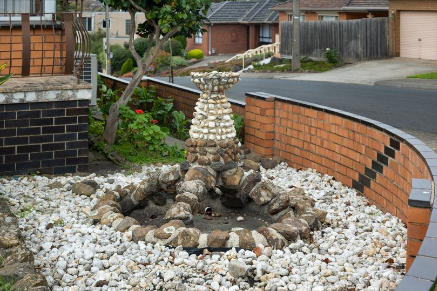
He explains on a practical level that this ‘gentrification’ phenomena are a mirror of many inner city suburbs around the world, like in France, Italy and England (including replacing single homes with apartments).
“We’ve been slow to adapt, and now Melbourne is growing so rapidly, we need medium density living. It’s a bigger city than Sydney at the moment,” he says.
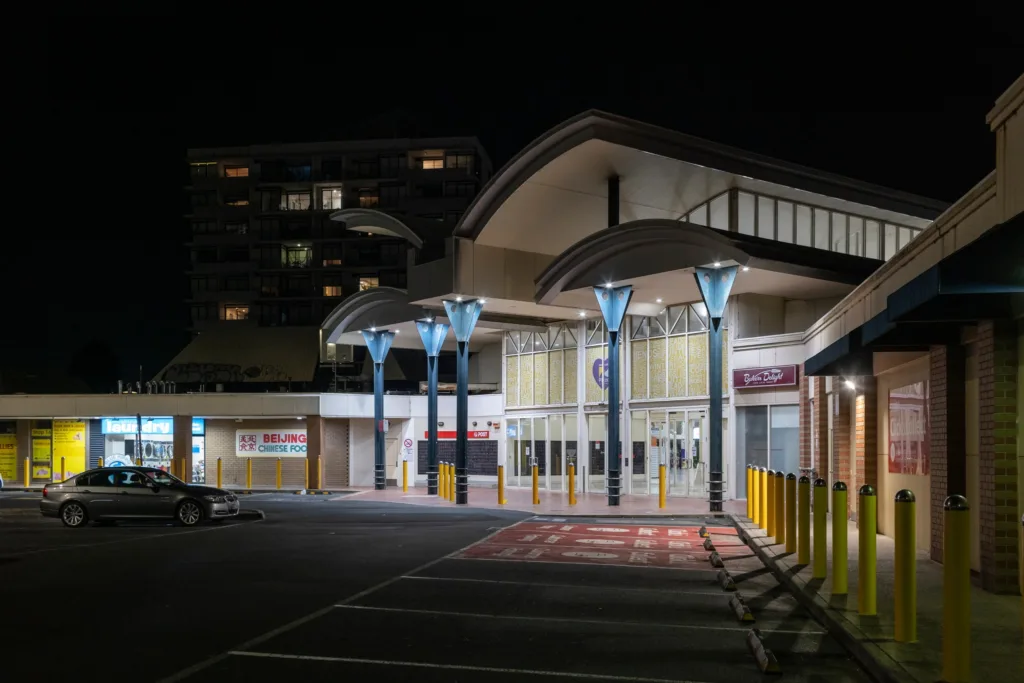
David’s work has featured in publications such as in The Sydney Morning Herald, The Age, the ABC and others. A few years ago, The Greek Herald, referring to his second book, ‘Small Business’ (a companion to ‘Suburban Baroque’), aptly titled an article on David’s work: “Photo Book showcases legacy of Melbourne’s early European migrants.”
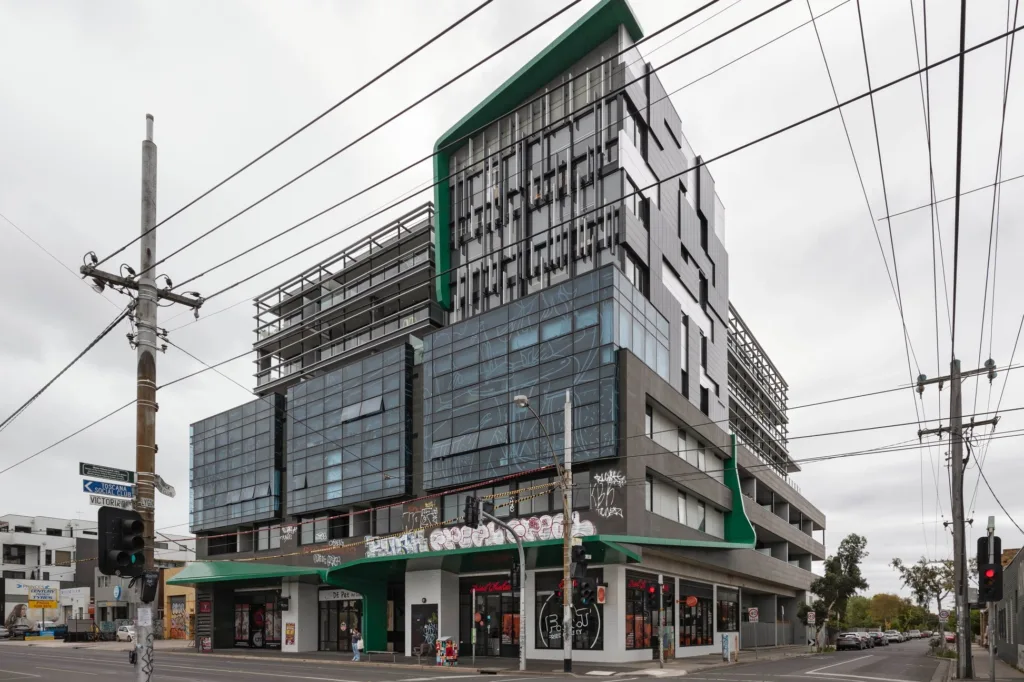
The Guardian wrote that David’s work involves “exploring the role of public culture, the contested nature of public space, and the character and composition of public life,” as part of his exhibits at The Australian Centre for Contemporary Art. The National Gallery of Victoria has also featured David’s work. It very recently showcased his brilliant photo taken back in 1979 of a Richmond hairdresser.
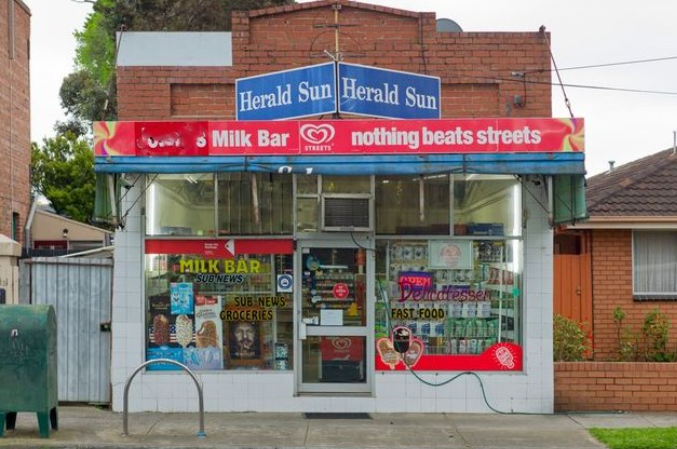
For all his acknowledgement and acclaim, David remains humble and passionate about his art – photography and its inspirations. We discuss the various espresso bars and kafeneia servicing mainly older migrant men that have now closed and been replaced with trendy cafes and bars. Very few have kept aspects of their original style, now catering for a mainly younger and ‘hipper’ crowd.
This sees the old patrons creatively adapting, and using the local Northcote Plaza shopping centre, a retro place built in the 1970s, as their hangout and meeting place.
“It’s smaller than the big multi-complex and multi-storied shopping centres and stuck in a time warp which gives it its unique character,” David says.
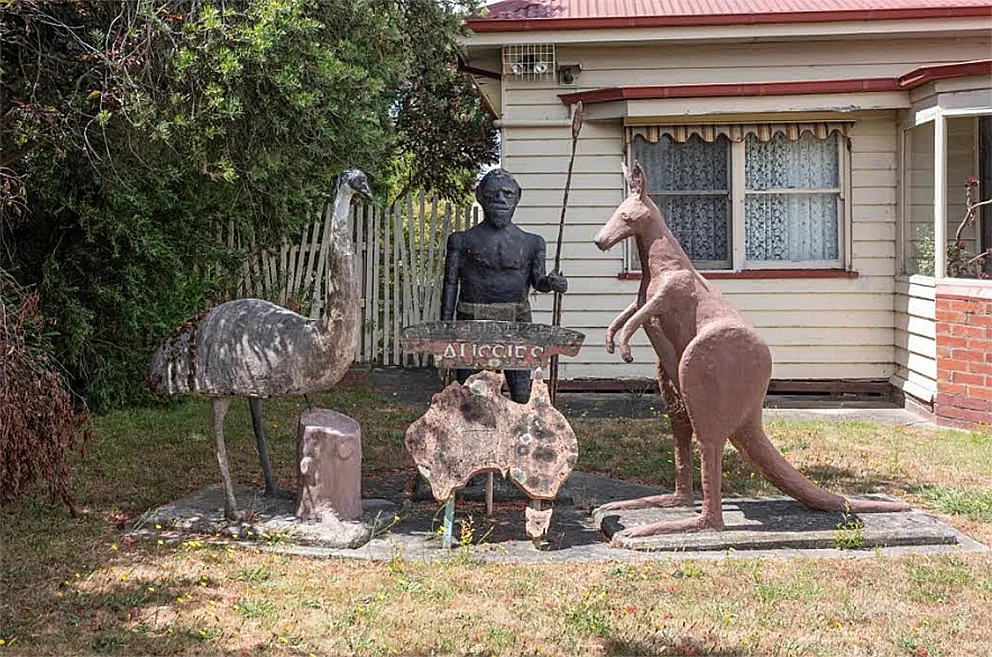
He cites some experiences where he encountered difficulties in getting a photo.
“I’ve had to build up courage to be a photographer,” he relates.
“Years ago, at a butcher shop in the area, the owner kept saying no, but I persisted, while continuing to buy meat from there… until I got the shot!
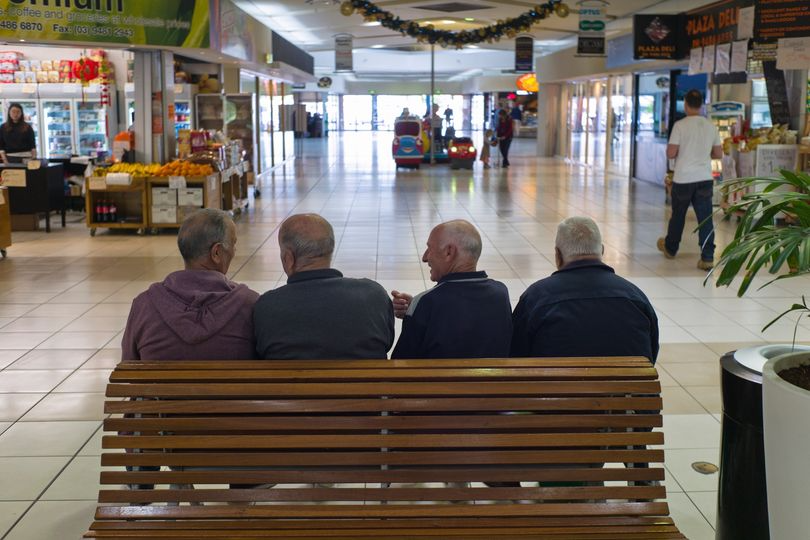
“Then there was the fruiterer, who’s been there since 1956, but was sternly against a photo too, so I walked past and discretely used a long lens. Others are happy to be photographed and even offer to strike poses, like Frank the Greek hairdresser. It’s really up to the person. For example, there was a Milk Bar owner in another suburb that ran out after me yelling, ‘you can’t photograph my shop!’ But then I found out that he’d been robbed and viciously attacked before that.”
This brings me to asking David if it’s getting harder to get suburban street photos now, compared to the old days when there was perhaps an overall more relaxed and secure society.
“There was more affordable real estate back then for example and people escaping difficulties of their former home countries and wanted to show it. But now economic structures are prohibitive of that boldness. Australia and the world is going through a more ‘closed up’, conservative period,” David says.
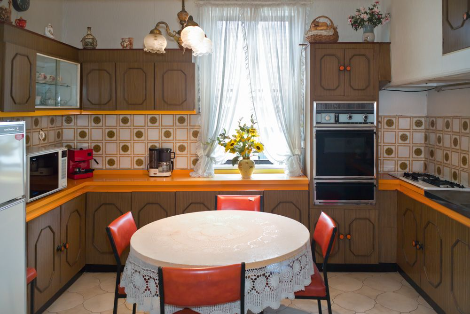
Getting back to discussing what he likes best – the ‘grass roots’ aspects of his work – David tells me: “I remember the Milk Bar that used to be around the corner from me. It was a family business and run by such hospitable people, who actually offered me free accommodation in Greece!”
Smiling, he then nostalgically recalls: “There was another Greek couple who owned a shop close by, Lou and Georgia, who were always up for a chat. Lou would complain about land tax. Through their hard work, he and his wife had accrued many properties, for dowries, etc. When Lou died, Georgia moved back to Greece. Neighbours tell me she misses Australia. It’s like that when you have two countries.”
Maybe not such an “Anglo outsider” after all, David helps us all appreciate our parents’ stories of settling in Australia, to say the least.
